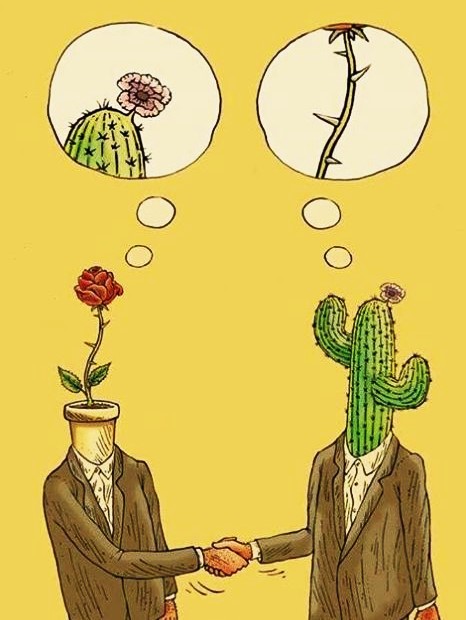
Have you ever found yourself having a bad day? Then, after a good conversation with a friend that day turns around. Sometimes wise people in our lives give us the advice we need in a difficult moment, and it seems to help. If we have these wise sages in our lives why do many of us still go to therapy? And how do we know when to go to therapy or go to coffee with a friend? This distinction can be confusing and can lead to individuals coming into therapy exasperated and hoping for advice or an answer from their therapist. They want their distress to stop and are willing to try any suggestions offered by a professional.
However, therapists are not here to offer advice. A therapist facilitates a process that is ultimately led by the client toward change and growth. I like to think of a therapist as someone who is holding a light and is shining that light on you not to expose you or make you feel more vulnerable, but instead to help you see yourself and your world in a completely new light. The therapist helps the client see the whole picture which is difficult for any of us close up to the frame.
You may be asking yourself why the therapist doesn’t just give the client the answers? Would that not be easier? There are a few reasons why good therapists don’t work this way.
📌Firstly, it is understood that when one can develop insight into their distress, their past, and their coping skills, and then come up with ways to make changes – their prognosis is generally better. By developing insight and creating change they become more resilient. Insight and problem-solving skills can be helpful for the next difficult situation in life, whereas advice is likely situational. Additionally, if a client comes up with ways to adaptively cope, these new skills are more likely to fit into the client’s life because they came up with them in the first place.
📌Another reason a therapist is not here to give advice is that although they aspire to be non-biased, they are human. Each therapist comes from a unique cultural background and has specific experiences that make them uniquely them. Therefore, if they were to give advice it would be biased. When we get advice from friends and family members it is also usually biased. The advice comes from what that person would do in your situation. Although the people in your life may have the best intentions it does not mean they always know what is best for you. Chances are at some level and with new insight into your distress and your past you know what is best for you. You may just need someone to help facilitate a better understanding of this. This leads us nicely to the next point.
.📌Giving advice does not make room for the belief that ultimately you can effect change in your life. You are the only person who has lived in your body, going through the experiences you have, and ultimately knows what is best for you. When people are stuck in their distress it can be impossible to see the forest through the trees. For that therapists are there to help you move through that dense forest with you. A psychotherapist are trained to understand behavioural patterns, coping mechanisms, and attachment schemas but that does not mean they have a complete understanding of what the client needs. Therapists are there to help you see the whole picture, hold you accountable, sit with you while you grieve, and celebrate with you when you start to see yourself come out the other side.At the end of the day having people in your life to go to when you need to talk is great and can help turn a bad day around. We all know a good community is vital. However, going to therapy is a completely different type of support. In some ways it is completely self-centred in that your therapy hour is completely about you. Your therapy hour is about focusing on where you struggle, exploring the “why,” and coming up with ways to work through these struggles in the presence of someone who is completely engaged with you.
💡One thing I get asked a lot is “how do we know when to ask our friends/family for advice or seek out therapy.”
My answer is always that therapy is beneficial for everyone. It is better to see a therapist before our problems become a crisis. We all (yes even therapists) have issues, unhealthy coping mechanisms, and relational problems. Seeing a therapist helps people to work on preventing a major crisis rather than dealing with an active crisis. At Approach, we have noticed an increase in people coming in for preventative reasons and we love it. Just like going to family and friends when we need advice, seeing a therapist is another tool in our tool belt to live our lives to the fullest potential.
